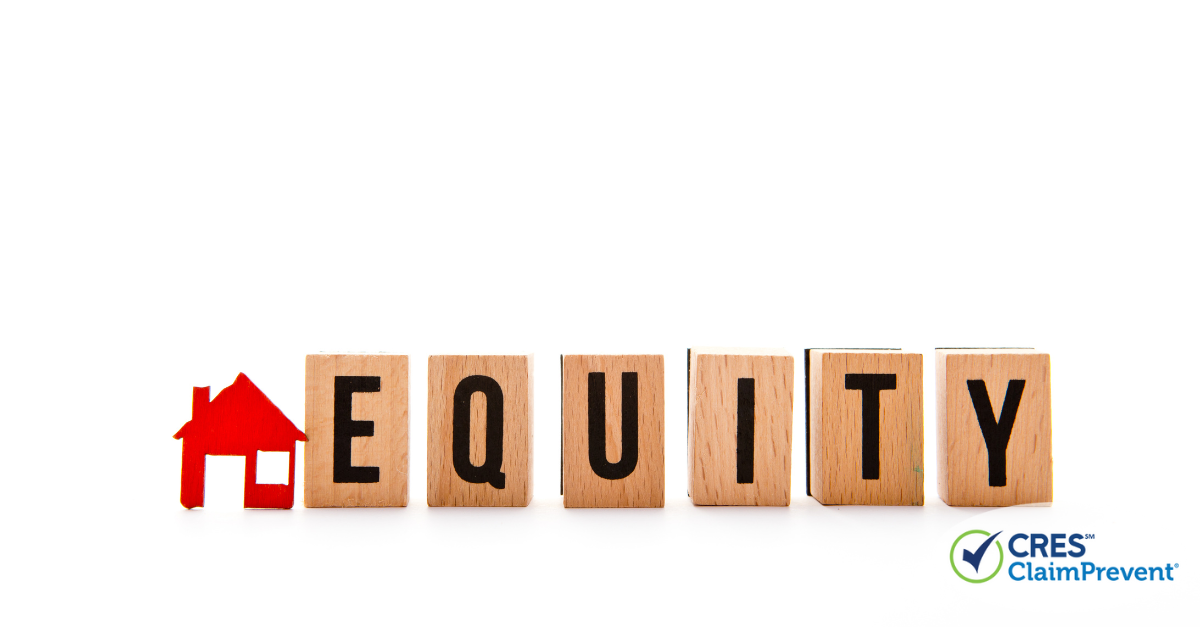In June 2022, The White House announced that President Biden continues to call on the Senate to pass the Equality Act. The legislation, if passed, will provide long overdue federal civil rights protection to LGBTQ+ Americans.
Here’s what the new Equality Act will cover and what real estate professionals need to watch out for to ensure compliance once it becomes a Federal law.
Background to the New Act
The current absence of Federal legislation means that in many states, LGBTQ+ Americans have no protections against discrimination. This discrimination extends to housing, education, employment and many other areas. The new Equality Act amends the Civil Rights Act of 1964 and will provide equal protection for LGBTQ+ people.
The bill passed through the House of Representatives builds on the Bostock v. Clayton County ruling in the Supreme Court from 2020. The Bostock v. Clayton case upheld that anyone across the country who works for an employer with 15 or more employees shall be protected against employment discrimination due to their gender identity or sexual orientation.
What The New Equality Act Covers
The new Equality Act goes beyond the court ruling in Bostock v. Clayton by making LGBTQ+ protections explicit not only in employment but in many other aspects of life including:
- Housing
- Education
- Jury service
- Access to benefits
- Equal credit opportunity
The act also expands protections to prevent discrimination on the grounds of gender, sexual orientation, color, faith, or disabilities in public accommodations. This includes places such as restaurants, stores, entertainment establishments, health care facilities, shelters, government offices, transportation and youth service providers.
Equality Act Compliance Checklist for Licensees
The Fair Housing Act already prohibits discrimination on the basis of color, race, religion, gender, national origin, disability or family status. According to the government, national surveys (including a study commissioned by the Department of Housing and Urban Development) show that housing discrimination against LGBTQ+ people is still prevalent. The new Equality Act makes it explicit that all existing anti-discrimination legislation also covers gender identity and sexual orientation, so there is protection for LGBTQ+ individuals in America.
To comply with the new Equality Act, licensees will need to ensure that:
- Advertisements do not indicate a preference for people of a specific gender or sexual orientation.
- Property inspections or access to properties is not limited on the basis of gender or sexual orientation.
- Your communications with clients and prospects are free from discrimination.
- All rental applicants are treated fairly and equitably.
- You don’t share your opinion about who would be an ideal homeowner or tenant for a property. For example, “This property is perfect for a Mom and Dad and two kids.”
- There’s consistency in your services. For example, don’t provide certain demographic groups with a lower level of service because you have a bias towards them.
- You don’t try to steer a particular demographic of people towards certain areas of town where there are other people “like them”.
- You never refuse to show a property to someone because of their gender or sexual orientation.
- There’s no adverse or differential treatment on the basis of gender or sexual orientation.
In addition, you should keep updated with the Equality Act and other associated anti-discrimination legislation.
Avoiding Unconscious Bias
Individuals can have an unconscious bias. These are learned assumptions, attitudes or beliefs that can include stereotypes that exist in the subconscious. To overcome unconscious bias, it’s important to first recognize that a bias may exist, explore how it can occur, and put measures in place to ensure you avoid them in your everyday work.
For example, having a checklist in place or procedures guiding your service delivery can ensure a consistent approach to all clientele regardless of who they are. Or, for property managers, having a second person assist with tenancy decisions to ensure everyone is treated fairly and considered on an even playing field.
Other Benefits of An Inclusive Approach to Business
While compliance with the law is essential for real estate licensees, there are many other reasons licensees should consider an inclusive approach to their business.
Being accepting and supportive of diverse groups increases your knowledge and awareness of others which can spark self-reflection about ways you can improve as a business owner.
Offering your clients safety and a sense of belonging within your business can also strengthen relationships and open up opportunities across a diverse customer base.
Protect Your Business with Real Estate E&O + ClaimPrevent®
The best way to protect against lawsuits is to have insurance protection. Every real estate professional should protect your business, your livelihood, and your family with real estate errors and omissions insurance.
The CRES Insurance team can tailor an insurance package to suit your business. All CRES Real Estate Errors and Omissions members have access to our ClaimPrevent® Legal Service. Our legal team can provide you with expert legal advice, included as part of your membership. This is just one of the ways CRES is helping our members to prevent claims.
Contact CRES at 800-880-2747 for a confidential discussion today.
